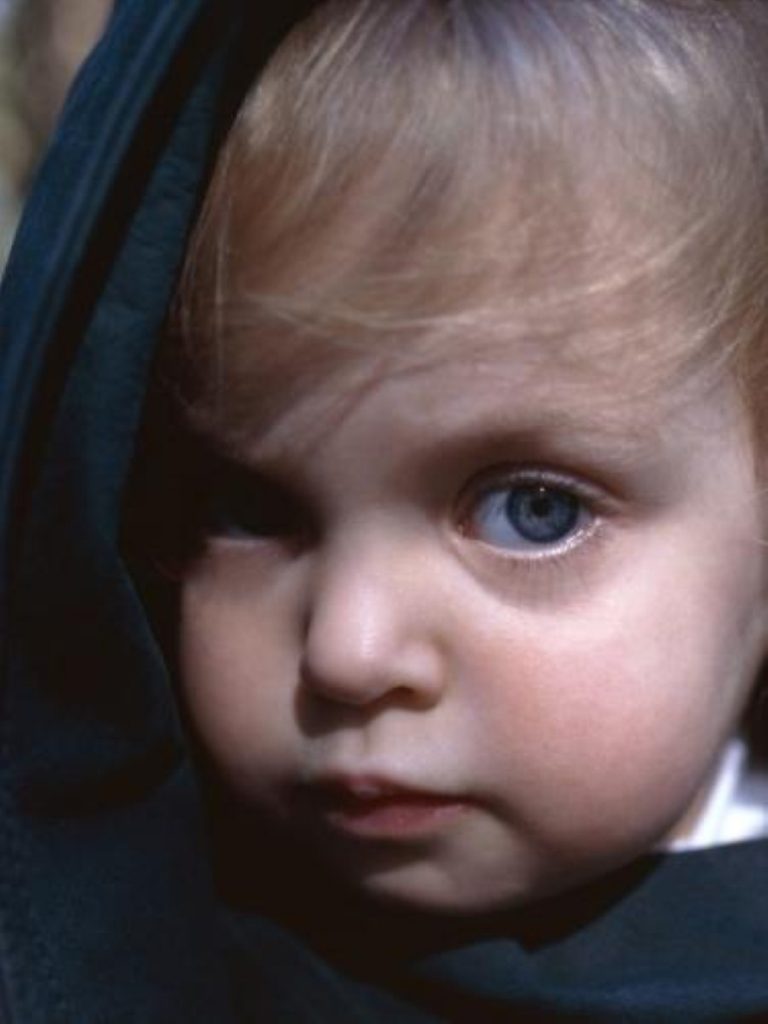Child poverty action is Labour’s ‘best kept secret’
The Government’s success in taking one million children out of poverty has been described as “Labour’s best kept secret” by a leading centre-left think tank.
New research by the Fabian Society and Mori found that voters were unaware of Labour’s aim to end poverty by 2020.
Labour made a pledge in its 2001 manifesto to eradicate child poverty in a generation and halve it by 2010.
But the society said that a manifesto pledge to take another one million children out of poverty by 2010 would give disillusioned voters a reason to vote.


And it even found that voters were prepared to pay an additional £20 a month in taxes if they thought their money would make a difference to child poverty and would not be wasted.
Fabian Research director Richard Brooks wants Tony Blair to make the argument that inequality matters. In 2001, when asked by Jeremy Paxman whether it was acceptable for the gap between the rich and the poor to get wider, Mr Blair replied that he was not motivated by making David Beckham earn less.
But Mr Brooks said: ” … the answer should be, ‘Yes, the gap does matter. By improving the chances of the disadvantaged I want to narrow the gap between the rich and the poor.'”
The research found that while people care about the most deprived members of society – the one in fifty children without the most basic necessities – it is harder to press home the point that one in five children are below the official poverty line.
It called on the Government to challenge the myths about poverty, namely that the poor were responsible for the poverty of their children, and warned it to be careful about the language it uses in relation to poverty.
Research fellow Louise Bamfield said: “The language of ‘rights and responsibilities’ and ‘hard working families’ may chime with the public’s sense of fairness and reciprocity, but it also risks reinforcing myths and stereotypes. The public does not believe that people can be both hard-up and hard-working.”
The report’s findings will be discussed with Government ministers at a series of events over the next month.











